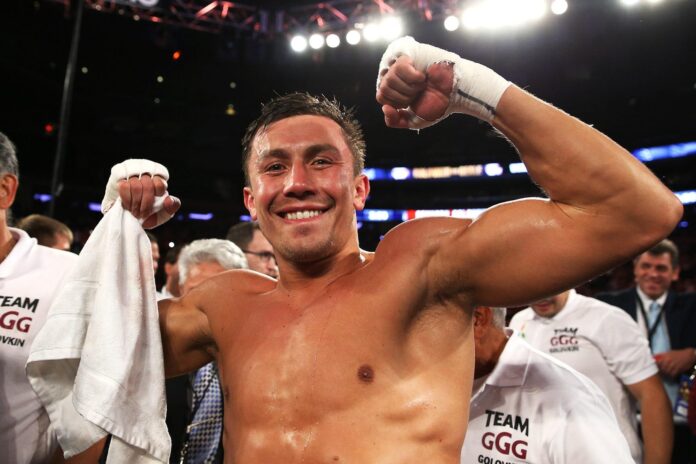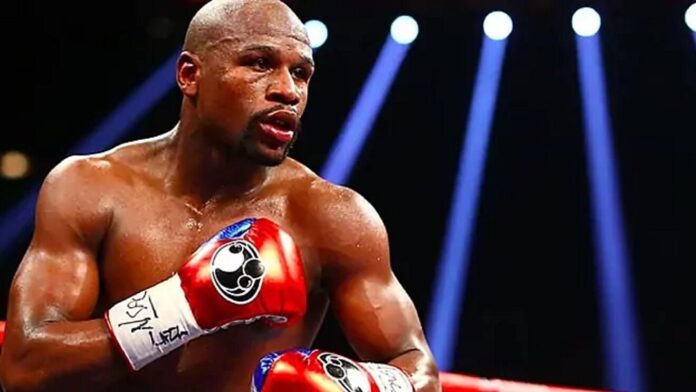Contents
Carl Froch is an English professional boxer who has a net worth of $20 million. With his granite chin, relentless work ethic, and fierce competitive spirit, Carl Froch captured world titles in two weight classes and fought many of the best super middleweights of his generation. During a 12-year professional career, he held the WBC, WBA, IBF,
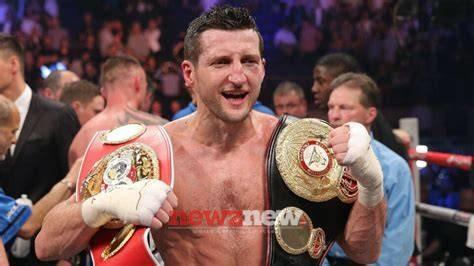
What is Carl Froch’s net worth?
and WBO titles, unifying multiple belts and becoming a central figure in the “Super Six” World Boxing Classic tournament. Nicknamed “The Cobra,” Froch was known for his toughness and his ability to rally from adversity, often winning grueling fights through sheer determination. His 2014 knockout victory over George Groves in front of 80,000 fans at Wembley Stadium remains one of the most iconic moments in modern British boxing history.
Early Life
Carl Martin Froch was born on July 2, 1977, in Nottingham, England. He grew up in the working-class suburb of Colwick, where he began boxing at nine years of age. He joined the Phoenix ABC gym and went on to establish himself as one of the most promising amateurs in Britain. Froch won two ABA Championships and a bronze medal in the 2001 World Amateur Championships before turning professional later that year. His mixture of power, discipline, and self-belief would become defining features throughout his career.
Rise to Prominence
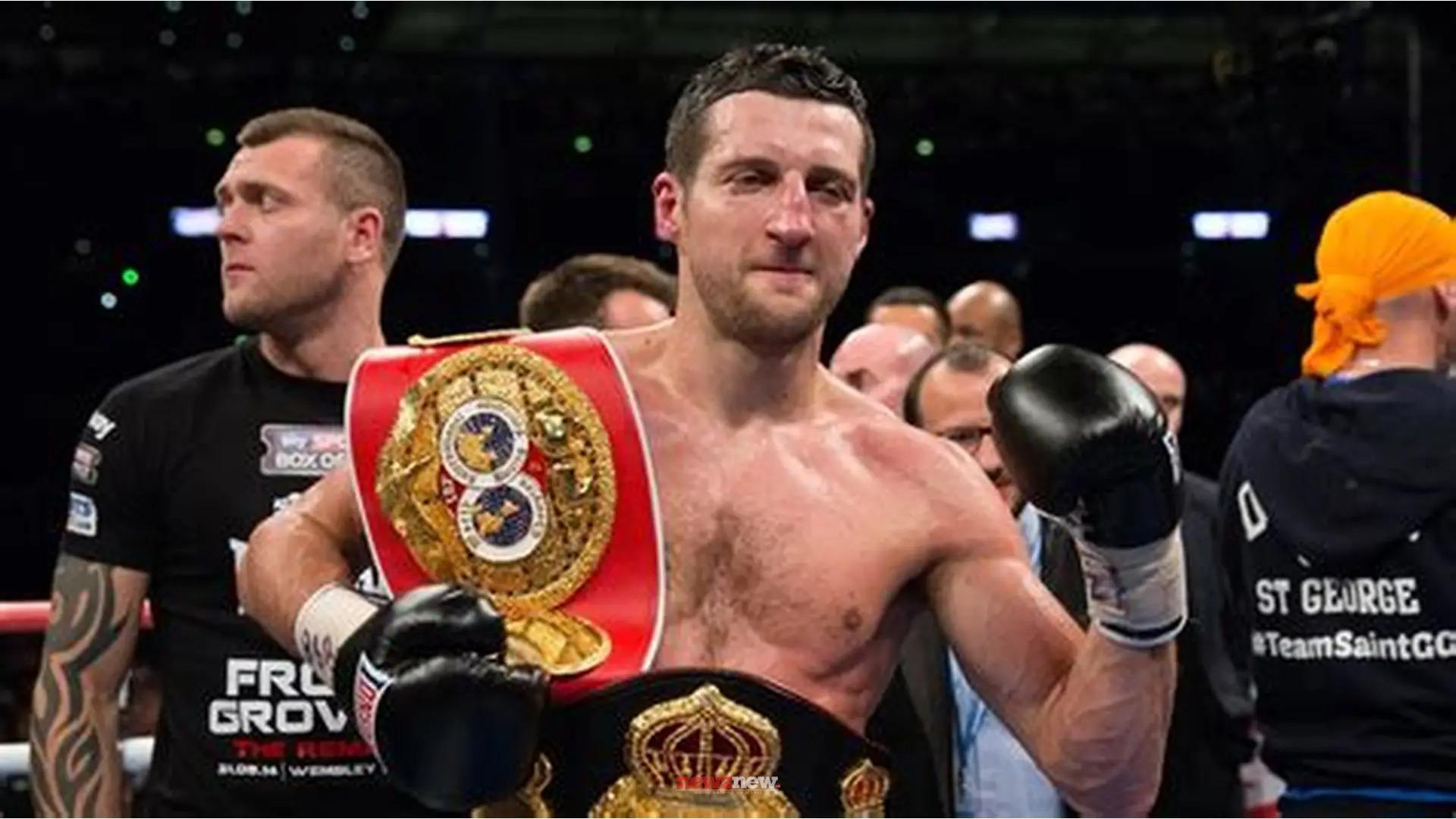
Froch turned professional in March 2002 and had an impressive unbeaten run throughout the early 2000s. By 2008, he had picked up the British and Commonwealth super middleweight titles by defeating the likes of Brian Magee and Tony Dodson. Later in the year, his first major world title would present itself when he defeated Jean Pascal for the vacant WBC super middleweight championship in a thrilling contest over 12 rounds in Nottingham. That win propelled him into the global spotlight.
In 2009, Froch entered into the ambitious “Super Six” tournament promoted by Showtime, which would determine who was the best super middleweight on the planet. He scored wins over Andre Dirrell and Glen Johnson but suffered close defeats at the hands of Mikkel Kessler and Andre Ward. Despite the two losses, Froch garnered immense respect for facing the top-rated competition back-to-back, often in foreign territory.
World Titles and Career Highlights
In 2010, Froch regained the WBC title with a victory over Arthur Abraham, and two years later, he won the IBF title by convincingly defeating the previously undefeated Lucian Bute. The fight against Bute was perhaps his most revitalizing encounter that repositioned him among the best super middleweights in the world.
He defended the title several times, beating Yusaf Mack, Mikkel Kessler in a high-profile rematch, and George Groves twice. The first Froch-Groves fight, in November 2013, had ended controversially as the referee stopped the fight prematurely when Groves – who had dropped Froch in the first round and appeared to be ahead on points – was dominating. The rematch, staged at London’s Wembley Stadium in May 2014, attracted 80,000 fans, a postwar British record. Froch finally dispatched his rival with a devastating right-hand knockout in the eighth round, after which he retired the following year at 33 wins (24 by knockout) and only two losses.
Known Purses and Paydays
Over his career, Carl Froch transformed from a regional British draw into one of the highest-earning boxers in the United Kingdom. His first seven-figure payday came during the “Super Six” tournament, where participants reportedly earned between $1 million and $2 million per fight. But by the early 2010s, Froch had experienced a significant surge in both profile and purses, particularly through his work with promoter Eddie Hearn. His 2013 fight against Mikkel Kessler reportedly earned him around £2 million (roughly $3 million), while the two George Groves fights were by far his most lucrative. Froch made approximately £5 million (about $8 million) for the first bout and between £8 million and £10 million (around $12–15 million) for the Wembley rematch, making it one of the richest nights in British boxing history. With pay-per-view bonuses, sponsorships, and performance
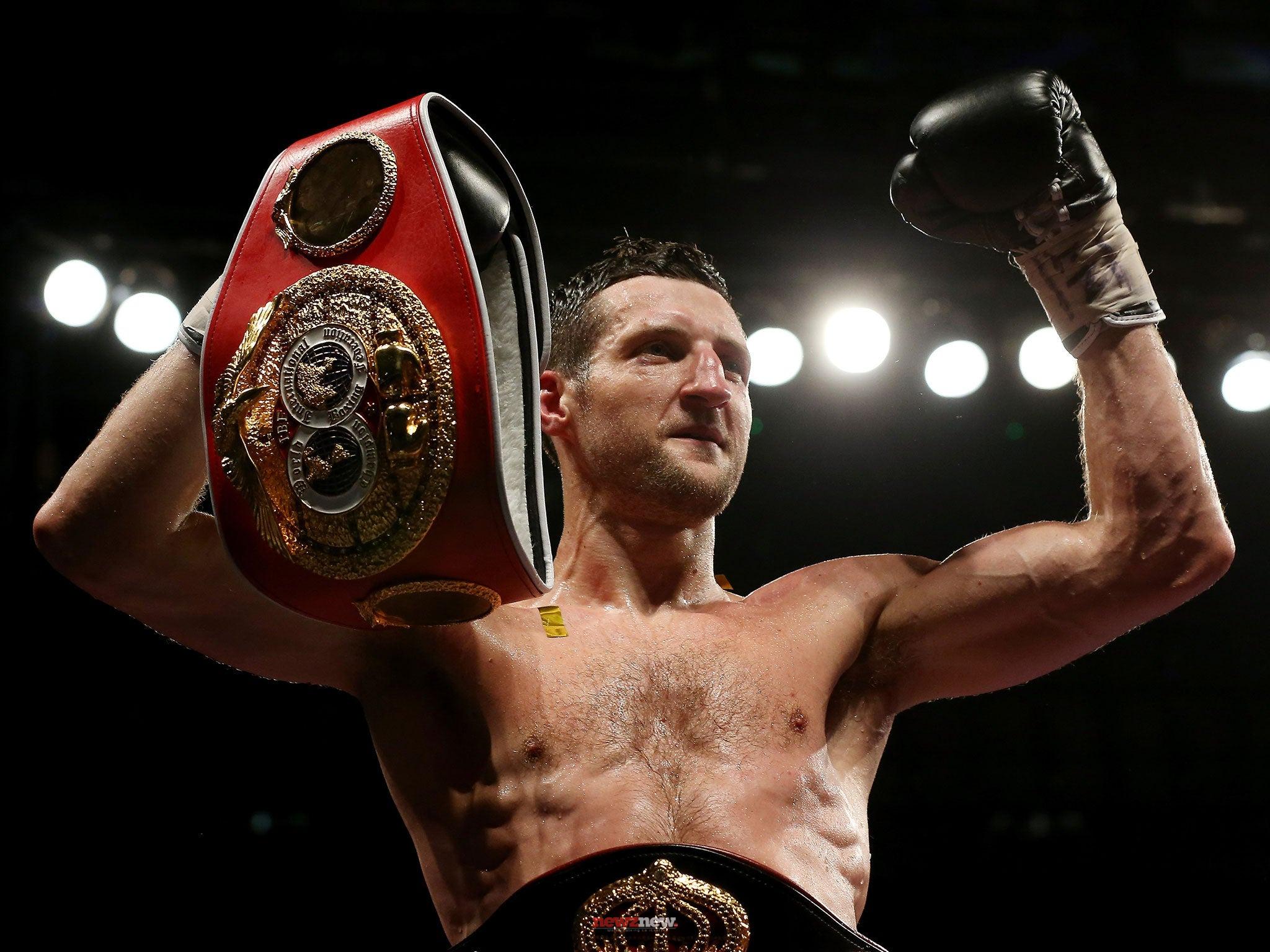
incentives, Froch’s total career earnings are estimated to have exceeded £20 million ($30 million). Retirement and Commentator Career After retiring in 2015, Froch moved into broadcasting and analysis, becoming a regular on Sky Sports’ boxing coverage. With his forthright honesty and razor-sharp opinions, he quickly became one of Britain’s most entertaining pundits. He also gained light-hearted notoriety for regularly mentioning the 80,000 who attended his final fight at Wembley-an anecdote which became a running joke among fans and colleagues alike. Besides commentary, Froch has invested in real estate and other businesses, continuing to live life in a disciplined manner since hanging up his
boxing gloves. He was awarded an MBE in 2015 for services to sport. Legacy His career is best remembered for the warrior mentality that saw him fight anyone, anywhere. He never ducked a challenge, having faced a murderers’ row of opponents across his career such as Andre Ward, Mikkel Kessler, Jermain Taylor, Lucian Bute, and George Groves. Combining power, endurance, and pride made him a true throwback fighter in an era of cautious matchmaking. The knockout of Groves remains an indelible image in British sporting history-a final exclamation point on a career defined by grit, drama, and triumph. For many fans and critics, Carl “The Cobra” Froch represents the last great example of the fearless British champion who backed up every word with action in the ring.





